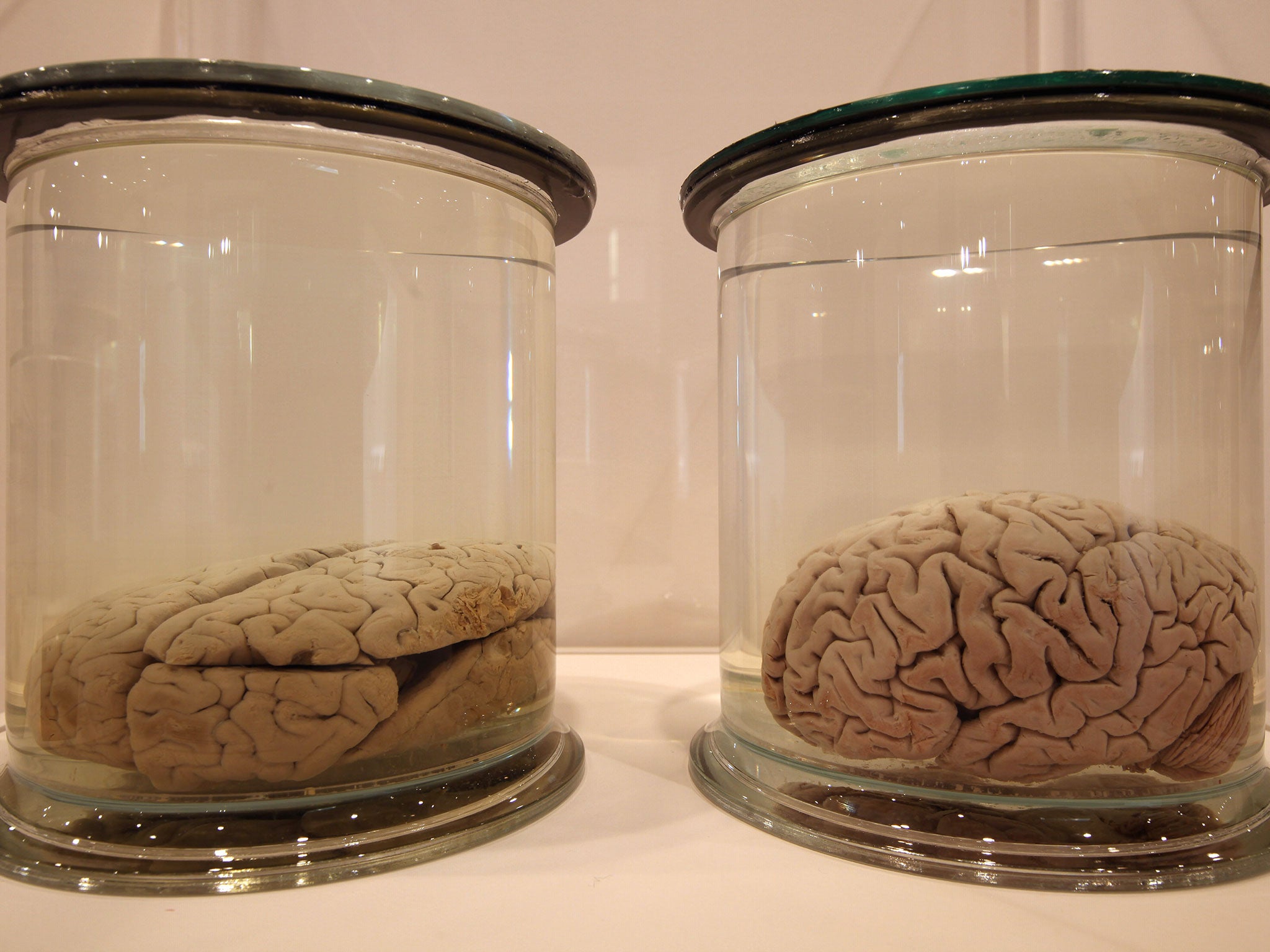Doctors can now put drugs straight into brains
Scientists have found a way through the super-tough membrane that is engineered to keep the brain safe

Doctors can now inject drugs straight into people’s brains, after making a major discovery in breaking through the barrier that keeps the nervous and circulatory systems apart.
The blood-brain barrier (BBB) keeps us safe by ensuring that chemicals and microbes can't get through to our clean brain and cause it problems. But it filters out good and intentional molecules too, and has proven a stumbling block for doctors’ aim to get drugs straight to where they are needed.
But new research claims to have found a way through the lock, developing special molecules that can trick the BBB into think that they should be let through by exploiting the mechanism that let nutrients into the brain. A team from the Canadian National Research Council has made carrier molecules that help disease-fighting ones break through, where they can then release the therapeutics they need, straight into the nervous system.
Doctors have been trying to get through the barrier because the impact of the drugs would be so much more immediate and powerful if it went straight into the brain. At the moment, they are placed into the blood and then find their way around the body.
Scientists hope that the discovery can be used to deliver “biologics”, straight into the brain. They are special drugs based on protein and grown in a lab.
Those drugs can eventually be used to treat brain diseases, doctors hope, which are likely to become more prevalent as the population ages.
The discovery has already been tested on animals, through a non-invasive procedure that put the molecules into rats. That found that the molecules have a highly potent effect.
Scientist now hope to move towards clinical trials, which could take ten years. But the discovery could help provide new understandings of the way that the biochemistry of the brain and body works, in the meantime.
Join our commenting forum
Join thought-provoking conversations, follow other Independent readers and see their replies
Comments
Bookmark popover
Removed from bookmarks